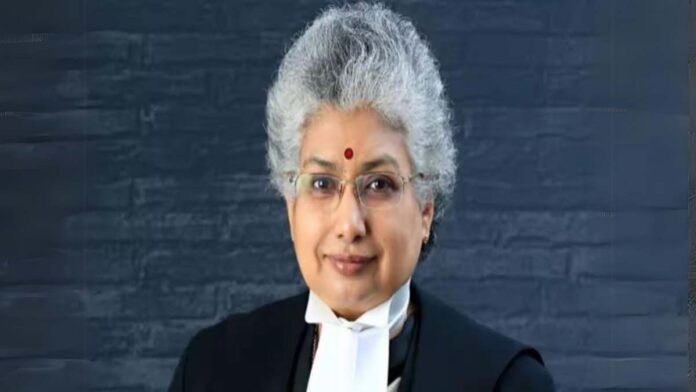In a recent address, Supreme Court Justice B.V. Nagarathna highlighted the crucial role of governors within the framework of the Indian Constitution, emphasizing the necessity for them to perform their duties in accordance with constitutional mandates. Speaking at the inauguration of the fifth edition of the ‘Court and Constitution Conference’ held at NALSAR University of Law, Justice Nagarathna referred to recent instances involving governors, including a contentious case from Punjab, to underline the significance of constitutional fidelity.
Justice Nagarathna pointed out the concerning trend of governors indefinitely shelving bills passed by elected legislatures, a practice that she believes undermines the democratic process and the
constitutionally envisaged role of governors. She further cited the Maharashtra Assembly case as an example where the governor overstepped his authority by calling for a trust vote despite a lack of substantial evidence to justify such a move.
“It is not a healthy precedent to bring the actions or inactions of a state’s governor before constitutional courts,” remarked Justice Nagarathna, expressing her concern over the increasing litigation involving governors’ conduct. She passionately appealed for governors to uphold the sanctity of their office by discharging their duties as per the constitution, thereby reducing the necessity for judicial intervention in such matters.
Also Read
Justice Nagarathna also expressed dismay at the notion of governors being directed to act or refrain from acting in certain ways, terming it as “regrettable.” She stressed that the office of the governor, while often referred to simply as a positional title, holds significant constitutional importance and must be respected and adhered to accordingly.
In her speech, Justice Nagarathna also touched upon her dissenting opinion in the demonetization case, where she voiced her disagreement with the Central Government’s 2016 decision to demonetize high-value currency notes. She highlighted that the demonetized 500 and 1000 rupee notes constituted 86% of the currency in circulation at the time, and after the demonetization, 98% of that currency was returned, raising questions about the effectiveness of the move.




